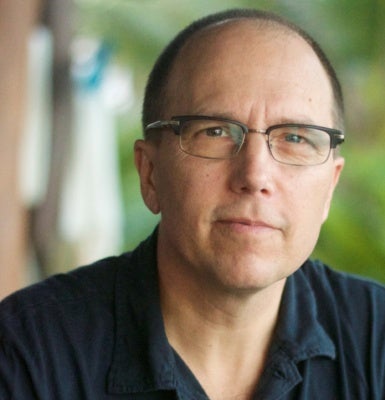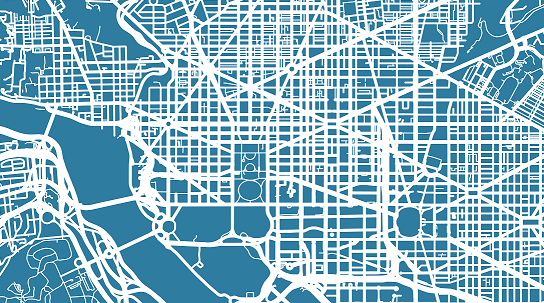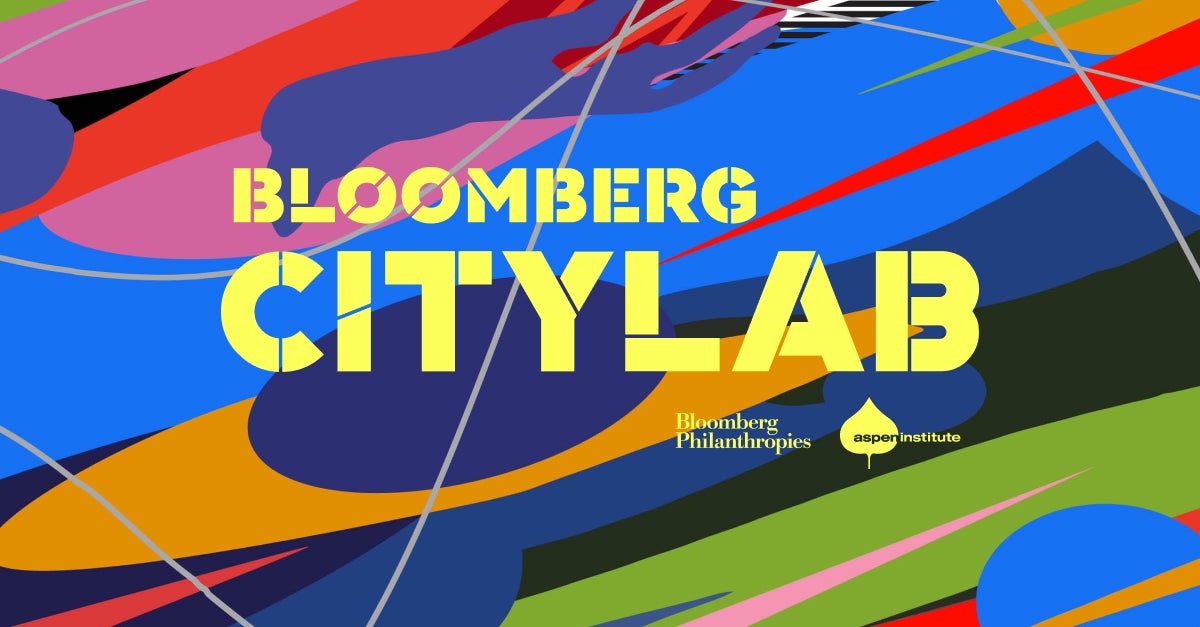Dennis Whittle is co-founder and chief executive officer of Feedback Labs, a consortium of like-minded organizations committed to making governments, NGOs, and donors more responsive to the needs of their constituents.
This interview is part of the Aspen Institute Center for Urban Innovation’s series of conversations with inclusive innovation practitioners.
Jennifer Bradley: What does co-creation mean to you?
Dennis Whittle: Co-creation is when policymakers, regulators, and program designers have conversations with the people they’re seeking to serve, both about what they’re trying to do, as well as how they intend to do it. Those conversations can lead you in directions that you have not foreseen. As policymakers or program designers and administrators, we might think that we should be providing people with educational training, for example. But when you talk to the people themselves, it may turn out that a health intervention is more important. Or it might be that the time, place, and methodology or modality of the training could be really important to them, and that could be a significant or even overwhelming factor in whether the program has an impact and is a success or not.

Dennis Whittle, Co-founder and Chief Executive Officer, Feedback Labs
JB: How do you use or apply co-creation?
DW: In the case of Feedback Labs, two-thirds to three-fourths of our agenda is driven by the 400-plus organizations in our network. For example, for the Feedback Summit we just did, three-fourths of the agenda was determined by the participants. We went out to them months ahead of time and said, “What do you all want to talk about?” We had people submit their ideas for the sessions, the topics, the themes. They actually ran most of the sessions.
People look to us to perform a synthesis function as well as a leadership function. They want us to synthesize things that they’ve said in the past and then they want us to spend the time, and effort, and focus to think about what’s coming in the future. Co-creation doesn’t mean that you take inputs from everybody and throw them all in one pot. You need a chef, and people bringing ingredients, and sous chefs, and all these things have to work together. I think the trick with co-creation is having great ingredients assembled under the right conditions into a recipe that tastes great. When it works, it’s fantastic, but it’s an art as well as a science.
JB: You hinted at this in your previous answer, but what are some of the challenges that come with co-creation?
DW: The biggest challenge is that there’s no recipe book or playbook for co-creation. It’s a new idea in many spheres. Many of us come to this work through the policymaking track, where we go to graduate school and are taught all these skills that we’re supposed to use to both understand the world and determine how to make the world better. It’s a very top-down thing done by a few people. Program design is the same way. Those of us who develop programs are expected by our peers and bosses to know what to do.
Co-creation requires a whole different set of skills in terms of going out and talking to a wide variety of people, having an open mind while you’re doing it, being able to help synthesize things and get people to see commonalities when they might feel that they’re at odds with each other.
A second set of challenges is the incentives. Usually, when you’re in a policymaking process, or especially a program-design process, you have a budget and a timetable that you’re under pressure to meet. Co-creation is messy. It’s inherently unpredictable and uncontrollable. That’s very scary when your career depends on delivering something on time, on budget, and on target. If somebody tells you to do an early childhood education project, you can’t bring back a neonatal or a childcare project. The whole program cycle that most bureaucracies have mitigates against co-creation.
JB: How do you manage that divergence from plan?
DW: You don’t want to pretend that you can do anything with anybody, anywhere, on any timetable. I find that if you give people a choice of even two or three things, suddenly their commitment to the thing that’s chosen goes up dramatically. You go to people and say, “These are the options. We’ve got 90 days to reach agreement on this. We’re going to do this one thing now, and we’re going to keep talking. Then the next iteration, version 2.0, will be potentially different and hopefully better.” If you can get people into a rhythm of iteration and learning, even in a bounded way, sometimes that can take the pressure off coming to closure.
JB: What would you tell an organization or a person starting out to co-create with the people that they are trying to serve?
DW: I tell people I was this so-called expert for so long, and I realized that I could have been more effective if I had just asked people two or three questions upfront: “What do you need to make your life better? Is what I’m doing, or what I’m offering, or what I’m thinking about doing going to help you get what you need? If not, what should I do differently?” I find that if you go into those discussions with an open mind, and also candor about what you can or can’t do, it can make a huge difference.
I never asked those questions early in my career at the World Bank or USAID because I was afraid it would make me look unqualified. But these questions make me more effective, not weaker.
JB: What are the values that underlie co-creation for you?
DW: Humility is number one. We can’t know the answers even if we went to the fanciest schools and scored the top grades. We have some insights into how to help people get what they want that will hopefully be useful, but people themselves have to make the final decision and adapt those things to their context.
The flip side of that is confidence, or faith almost. Democracy itself is built on faith that people themselves know better than anyone else. Not perfectly–and often with insights provided by experts and others–but ultimately the people themselves know better than anyone else how to make their lives better and, through an iterative process, they will get there. Sometimes it will be two steps back. Sometimes it will be three steps back. But, over time, it will be more steps forward than backwards. You have to have faith and confidence that that dynamic will prevail. The long arc of history bears this out, though sometimes it’s hard to maintain confidence during periods of turbulence.
JB: Is there anything else that you want people to know about co-creation?
DW: Presumably we’re all doing this work to make people’s lives better. As someone who is trained as an economist, we thought that income, essentially, mattered most to people. Income does matter, but there are a lot of other dimensions that factor into their perception of well-being.
Adam Smith is often cited for his contributions to the economic sphere but he also wrote a huge amount about how much it matters to people what other people think of them, and whether they feel that they are living up to the positive impressions they make on others. When you start unpacking that, there’s a whole cluster of things that we never thought of as economists, but really, really, really matter to people.
Respect is one of those things, and we’re seeing it reflected in political developments now. It used to be that when I heard people felt disrespected, I thought, “What does that have to do with whether your income is going up or not?” But both people who have been living in traditionally marginalized situations, as well as people who we think of as being on top, when they don’t feel that they are accorded basic respect, they can act in ways that are very destructive to themselves, as well as to other people in society.
Every time I think I’ve got a better grasp of what well-being means, I have to stop and say, “Yes, but I’m probably missing several dimensions of it that I haven’t thought about.” It could be community. It could be respect. It could be art. It could be so many different things that I’m not trained in. It’s like building a map that allows you to keep moving, but being aware that the map is missing certain topological features that could either be opportunities to climb a hill or risks of falling in a giant hole.
This interview has been edited and condensed for clarity.
This blog series is supported by the Citi Foundation, a vital early supporter of the Center for Urban Innovation at the Aspen Institute. With the Citi Foundation’s help, the Center convened leading-edge practitioners to develop a shared set of principles to guide a cross-sector approach to inclusive innovation in low- and middle-income neighborhoods, and to determine how the Aspen Institute could support this practice.

